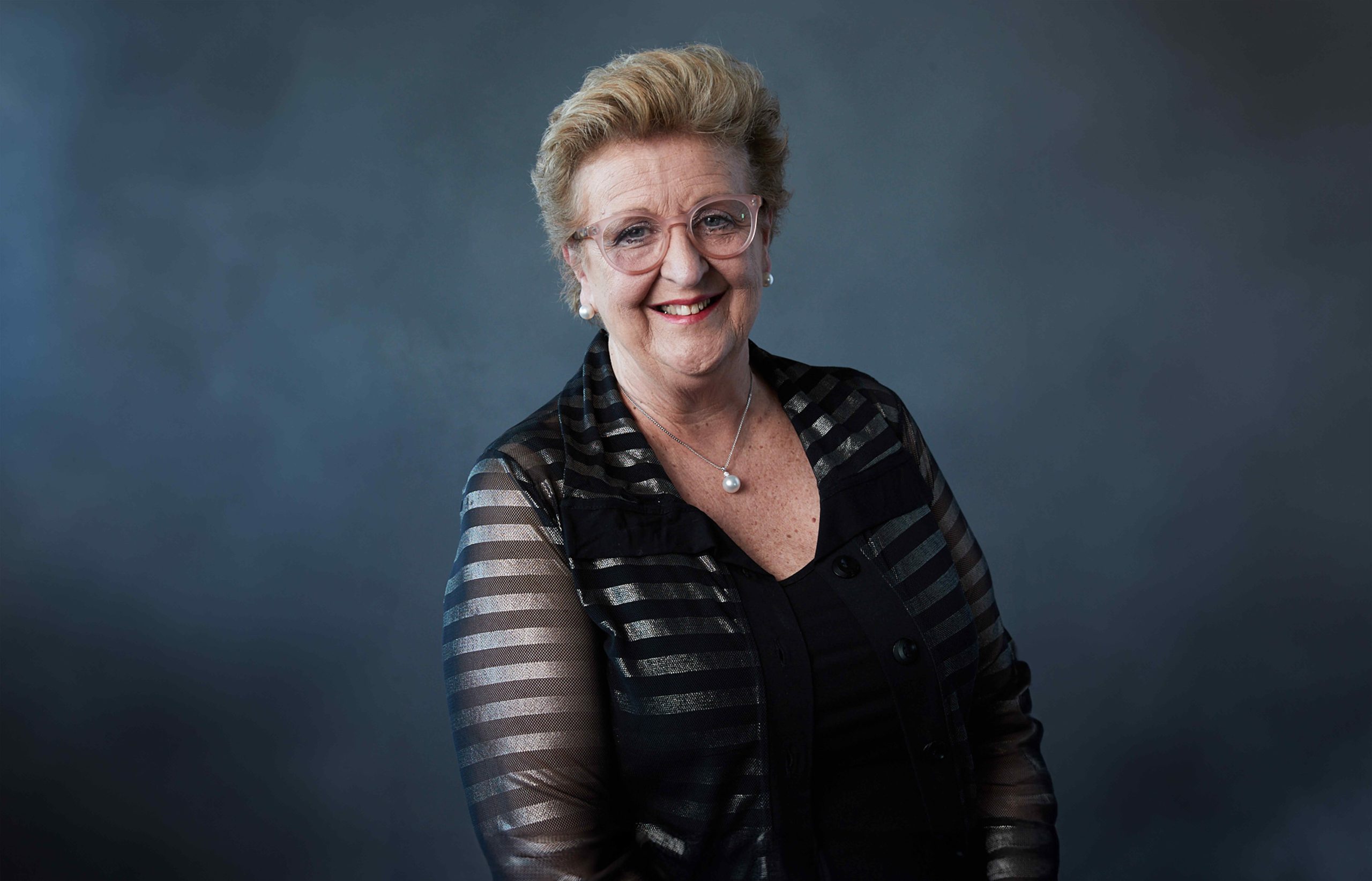Interview with Helen Buckingham OAM

We recently sat down with Snowdome Board Director, Helen Buckingham OAM, to get her thoughts on the funding of a new immunotherapy treatment for myeloma, and how clinicians and patients can have their say.
Please tell us a bit about yourself
My name is Helen Buckingham and I have been involved with Snowdome as a Board Director since its inception in 2010. My background is in politics, and I have a strong passion for advocating for blood cancer patients in Australia.
I was diagnosed with myeloma in 2004.
What is CAR T-cell therapy?
CAR (Chimeric Antigen Receptor) T-cell therapy is a new form of immunotherapy treatment. It is an innovative process that uses your own immune cells to seek and destroy cancerous cells. After blood is taken from the patient, T-cells are removed and modified. These modified cells are placed back in the patient to find and destroy cancer cells.
CAR T-cell treatment has demonstrated efficacy as a single dose treatment for myeloma. Treatment for myeloma is now available called Ciltacabtagene autoleucel (Cilta-cel) and it is for patients that have had more than 3 prior lines of therapy.
Currently in Australia, three CAR T-cell therapies for blood cancer have been approved and are in use: Kymriah, Yescarta and Tecartus. These are all for the treatment of other blood cancers.
How do these therapies get approved in Australia?
The Medical Services Advisory Committee (MSAC) is responsible for appraising new medical services proposed for public funding. They also provide advice to the Australian Government on whether a new medical service should be publicly funded.
However, in July 2022, MSAC rejected a submission for public funding for Cilta-cel citing ‘insufficient evidence of comparative safety and effectiveness’.
Now, MSAC will review its decision again in November 2023.
What would you like patients and their carers to know?
It is important for patients and carers to have their voice heard on the matter. MSAC is currently accepting feedback, and I encourage any patient with myeloma or their carer or family, to let the committee know what they think. If you have had myeloma previously, your feedback is also welcomed.
This is a revolutionary treatment that has the potential to significantly improve patient lives, so it is important to let the committee know what you think. This therapy is currently in use in hospitals across the United States, and it has shown the ability to induce lasting remissions without the need for maintenance therapies.
Where can patients/carers go to fill this submission and when is it due?
The form can be completed online and emailed to commentsMSAC@health.gov.au.
It can also be downloaded, printed, and sent to MSAC Secretariat, MDP 960, GPO Box, ACT 2601.
The form can be found on the MSAC website (scroll down to Consultation Survey to download the editable Word version).
Input must be received by no later than Friday 6 October 2023 for it to be considered by MSAC at its November 2023 meeting.
What tips do you have for patients and carers when filling out the form?
It is essential that you help MSAC understand the significant impact this new treatment can have on patient lives. It could allow patients to go back to work, education or simply live their lives more comfortably and productively. Current treatments available are less effective and they are ongoing. You can personalise your answers to describe the physical or emotional impact of the current and ongoing treatments. This new and revolutionary treatment has the potential to help the approximately 2,600 patients a year diagnosed with myeloma.
You are clearly very passionate, why is that?
We all have a responsibility to help those who could benefit from this treatment, now and into the future. Our Snowdome family has always been at the forefront of leading advances in therapies and treatment pathways to give patients the best opportunities from the start – from our championing of genomic testing for better prognoses and diagnoses to changing the future of blood cancer treatment through the provision of best patient care at The Epworth Centre for Immunotherapies and Snowdome Laboratories.
We need to galvanise our family to help MSAC understand the impact this treatment will have to ensure it is made available.
